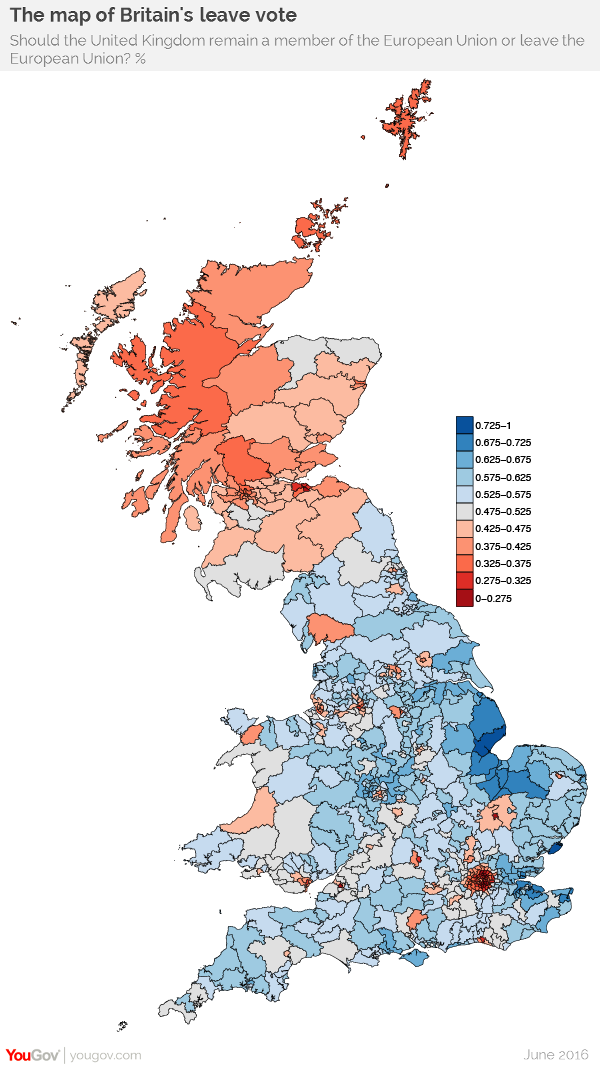To Barry Gardiner MP, Member of Parliament for Brent North
Dear Barry,
Allow me to congratulate you on your appointment as Shadow Energy and Climate Change Secretary.
What I am writing to you about however is not primarily this, but the EU referendum result and the role of Parliament. It is not disconnected, however, to your portfolio, as you well know that the role of the EU in trying to reach global agreement on limiting emissions and climate change has been critical, and this role threatens being diluted by the prospect of UK disengagement from the EU.
Fundamentally, my points are these:
Therefore, I am calling on you to say that you will vote in any vote in Parliament to oppose any steps that may be taken to facilitate the UK leaving the European Union, and that you will work to persuade your colleagues to do the same.
Thank you very much.
Yours Sincerely,
Dr David Arditti
Edgware,
Middlesex
Allow me to congratulate you on your appointment as Shadow Energy and Climate Change Secretary.
What I am writing to you about however is not primarily this, but the EU referendum result and the role of Parliament. It is not disconnected, however, to your portfolio, as you well know that the role of the EU in trying to reach global agreement on limiting emissions and climate change has been critical, and this role threatens being diluted by the prospect of UK disengagement from the EU.
Fundamentally, my points are these:
- The referendum result was marginal: too marginal to be a mandate for such far-reaching change that will affect generations to come. We know that young people voted primarily to ‘remain’, and they will have to cope with the long-term consequences of a British exit from the EU. The marginal result needs to be taken with consideration that the very young, but of age, i.e. 16 and 17 year olds, were not allowed to vote, and that long-term EU foreign nationals resident in the UK, working and paying taxes here, were not allowed to vote on this measure, hugely important to their futures. This obviously includes a huge number of residents of Brent North.
- Your constituents, and Londoners more widely, voted by a large majority to ‘remain’.
- The ‘Leave’ vote has already led to economic and financial instability, and more importantly, fear in many communities you represent, with an upsurge in racial harassment and racially-motivated crime across the country
- The main planks of the 'Leave’ campaign were based on misleading information and false promises, already widely discredited and acknowledged as false by the leaders of the ‘Leave’ campaign, such as the promise that the UK could control migration from within the EU while retaining some kind of access to the Single Market, and the promise to send an extra £350 million on the Health Service
- We know that many ‘Leave’ voters now regret their vote in the light of coming to understand the above
- The referendum, in the light of the above, cannot be considered a reliable indication of the will of the British people, and its result is manifestly not in their long-term interest
- The jobs of many of your constituents, particularly those working in the City and financial sector, are threatened by the prospect of the UK leaving the EU, and by the uncertainty that the referendum result has generated
- The referendum was only advisory, and Parliament is not bound by the result. Parliament is sovereign and Members of Parliament must use their own best judgement to decide whether the UK should remain in or leave the EU – this is their duty
- The present situation, with the leaders of the 'Leave’ campaign stating that they will negotiate a deal with the EU before formally beginning the Article 50 secession process laid down by the Treaty of Lisbon, and the leaders and officials of the EU stating clearly and unanimously that this is not possible, and that the UK must invoke Article 50 before negotiations commence, is a recipe for ongoing paralysis, vacuum of leadership, and economic and social instability
- In any case, the type of deal that the leaders of the ‘Leave' campaign state is their goal is not possible, as all the leaders of the EU have said that there can be no access to the Single Market without full Free Movement of people – so, again, we face paralysis leading to long-term economic and social damage to the country
- Parliament has it within its powers to solve this dreadful situation in the only way possible: by refusing to agree to the invoking of Article 50 and refusing to agree to the UK leaving the EU.
Therefore, I am calling on you to say that you will vote in any vote in Parliament to oppose any steps that may be taken to facilitate the UK leaving the European Union, and that you will work to persuade your colleagues to do the same.
Thank you very much.
Yours Sincerely,
Dr David Arditti
Edgware,
Middlesex

